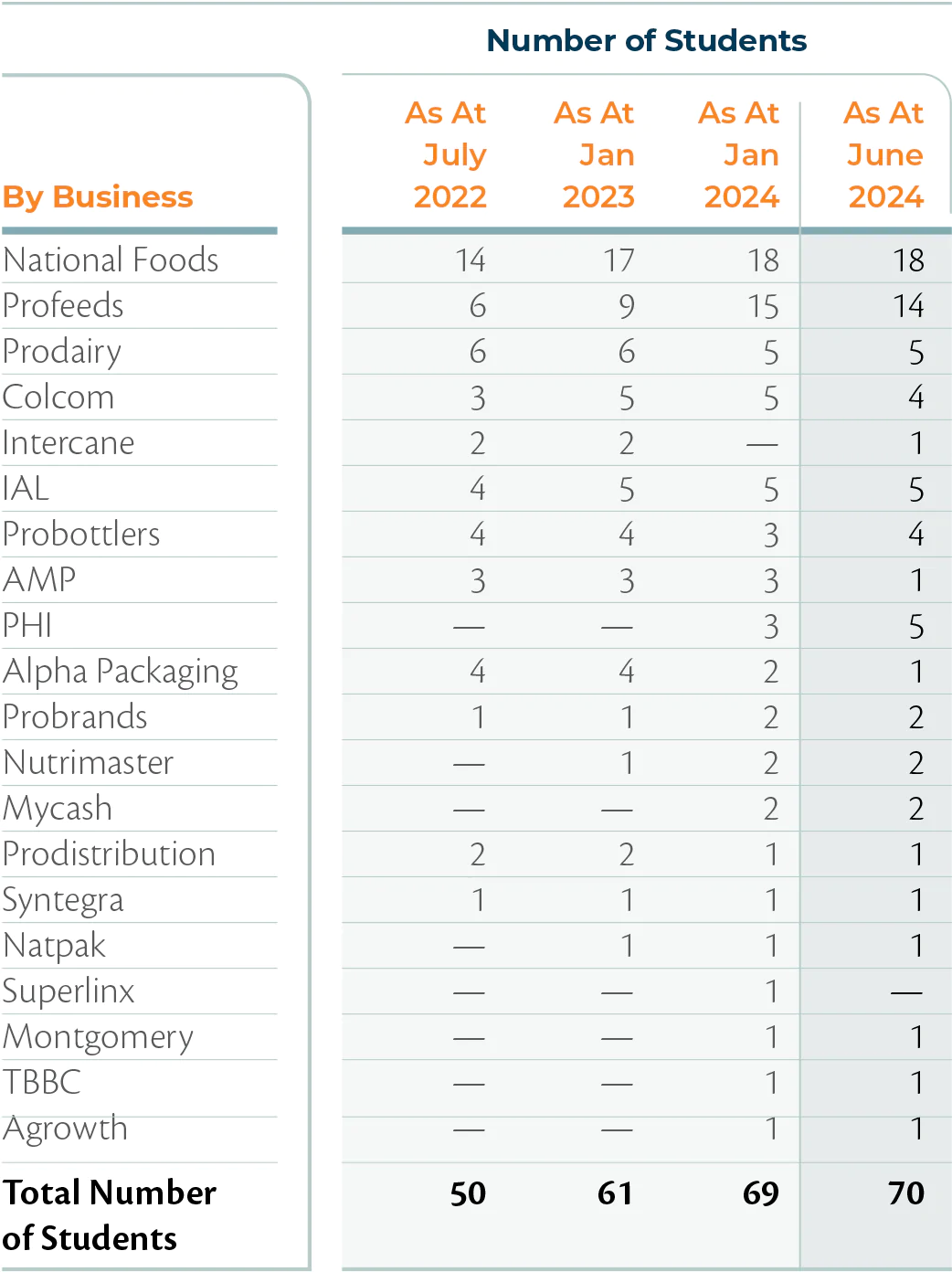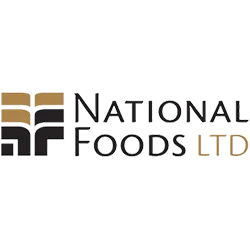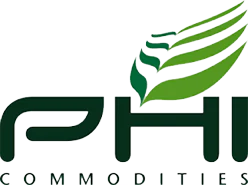HUMAN CAPITAL
Overview
The Group aims to attract and retain talented and passionate people for our businesses and support them in their skills and knowledge development.
Our businesses create a working environment which values our employees as partners in fulfilling the Group’s mission, founded on mutual trust, respect and dedication to performance, quality, and respect for each other
Management Approach
We are guided by the Group’s policies as well as Code of Conduct, Labour Act [28:01], Collective Bargaining Agreements (CBA) and the National Social Security Authority (NSSA) Act [17:01] in employee relations and related impacts. We encourage Labour relations management by conducting the following:
- Quarterly Works Council meetings
- Quarterly Group CEO engagements
- Management Executive engagements
- Wage negotiations between employers and trade unions facilitated by the National
- Employment Council
- Values and culture cascades
- Training of employee reps on Industrial Relations
The Group provides various forms of employee engagement platforms aimed at ensuring a harmonious working environment and subsequently ensuring a highly engaged and productive workforce.
The Group provides employment opportunities through various forms that include short-term contracts, casual positions, fixed-term contracts and full time or permanent positions. These opportunities are managed through adherence to local and international labour regulations and legislation. Our employees are free to be members of a trade union of their choice with on average 45% of the Group’s full-time permanent employees being covered by collective bargaining.
The Group employed a total of 10 372 staff in F2024 of which 50.6% were in permanent employment and 49.4% as contract staff.


Julian Schonken (Group CEO) & Godfrey Gwainda (Group CFO) addressing the Executive and Senior Management of the Group covering financial results, operational performance, Strategy and the Way Forward for the Group

Alice Kambasha – Managing Executive of National Foods Snacks Division addressing IAL Group’s Management on the Snacks business success story
Employee Gender Ratios
The Group is an equal opportunities employer. In F2024, 21% of the overall workforce were women. Within the executive management level, 25% were women with 27% at management level.



Godfrey Gwainda & Tracey Stephens
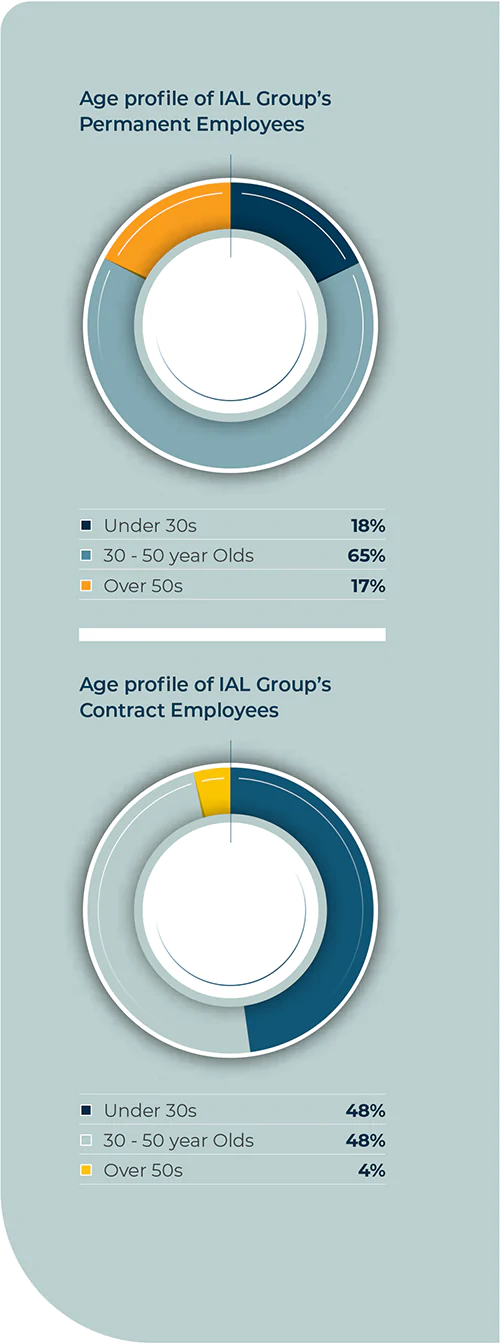
Diversity and Inclusion
The Group actively encourages diversity and equality within our governance and management bodies as well as our employees with regards to gender, age and other social criteria.
Our diversity and equality approach compliments and is guided by our non-discriminatory ethical principles. For inclusion the Group encourages the recruitment of persons with disabilities. We benefit from diversity and equality through having a broad range of perspectives, experiences and opinions as we navigate different business challenges. Our employees work harmoniously and feel more at home in an inclusive work environment that values diversity and equality and tend to work more diligently and intelligently, resulting in higher quality work.
Management Approach
The Group Human Resources policies guide us in the management of diversity and equality. During recruitment we embrace eligible applicants from all walks of life regardless of gender, age, religion or other discriminatory criteria. The Group uses staff dialogues and staff perception surveys to review our performance in diversity and equality. This is all guided by our grievance redress mechanisms, stakeholder engagement and social risk assessments to identify and review any issues relating to diversity and equality.

Retirement Planning
Providence Human Capital (PHC) has approached retirement from a position of an awakening where retirees are given a new lease of life through the IAL Employee Share Trust (EST) retirees’ loans. They are then able to start self-sustaining businesses as suppliers of goods and services to PHC and the group at large. Those providing services that include labour are reintegrated into work life thereby bringing sustainability of workplace ethos and culture.
Occupational Health And Safety
Management Approach
The Group strives to achieve zero injuries in operations by fostering a safe and healthy occupational environment. Robust policies and Occupational Health & Safety (OHS) programmes guide all operations.
Occupational health & safety in our work place is critical to all our businesses. Any incidences are treated seriously and receive the necessary attention.
Regular audits are conducted to ensure safety measures are in place at all times and appropriate training conducted to ensure that all employees are aware of health and safety issues. The Group’s policy is to ensure incidences are kept as low as possible.
Since F2023 the individual businesses have given occupational health & safety their specific focus by evaluating the injuries reported and dividing them between minor injuries, i.e. requiring First Aid only, and lost time injuries (LTIs), where employees were off work for one day or more due to the injury incurred.
During 2024, James Munyaradz (Truck Assistant) of Staffing Solutions died as a result of a road accident. (MHDSRIP).
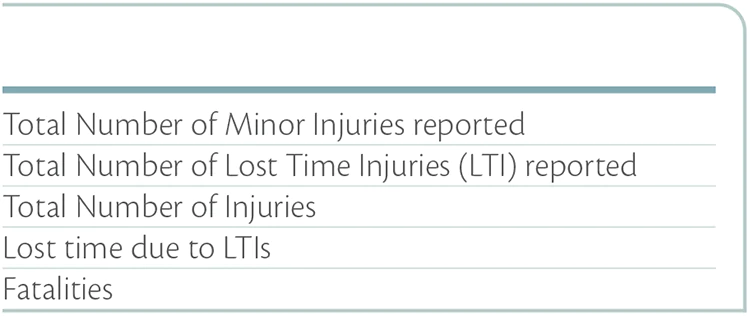
The Group sustained a total of 389 injuries during the reporting year, of which 200 were lost time injuries (LTIs) resulting in 1 492 days lost due to injury. Comparing F2024 with F2023, there was a drop of 5% in the total number of injuries recorded and a 0.4% increase in the number of last days incurred due to injury. A single fatality through a road traffic accident during a delivery was recorded in F2024. Appropriate reporting was made to regulatory authorities and accident investigations for the avoidance of recurrence were instituted.
The businesses continue to give reinforcement training on the standard operating procedures (SOPs) specifically aimed at reducing the number of injuries sustained in the workplace. During the year, the various businesses continued to provide their staff with safety training, which included the following topics:
- Occupational Health & Safety, e.g. ISO 45000
- Emergency preparedness and response
- Incident reporting and basic emergency procedures
- Fire prevention and firefighting procedure
- First aid
- Spills response
- Chemical usage safety
- High voltage switch
- Occupational health risk assessment lifting techniques
- Machine operating
- In-house driving skills
- Laboratory testing
- Waste management
The Group’s commitment to health, safety and welfare for all of its employees requires all businesses to ensure that they adopt and apply best practice at all times. During the year, the following training was provided by Providence Human Capital’s Research, Training & Development department on employee wellness, and training selected staff as First Aiders:
- First aid and firefighting training
- Breast cancer awareness
- Prostate cancer awareness
- Mental health care
- Supervisory and development programmes
Through Providence’s Girls Network and Boys Network, employees of the Group are provided with social space to discuss topics relevant to them from a gender perspective.
Providence also holds daily “Rumuko” talks where all staff are encouraged to reflect, discern and share anything relating to their lives at and away from work for purposes of harmonising and integrating staff’s personal and professional lives. This serves as an informal team building risk assessment exercise. Rumuko revives the traditional household and community non-hierarchic dialogue.
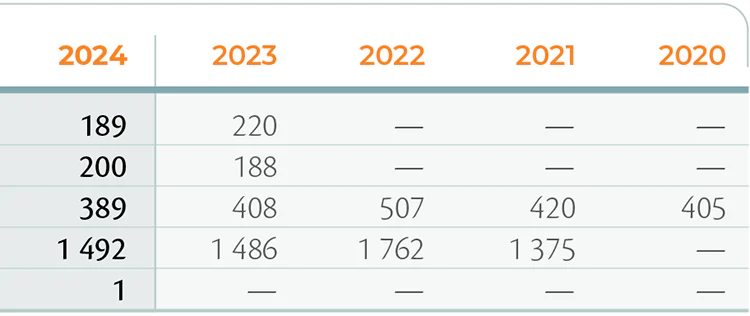

Chipo Ndudzo – Managing Director of Providence Human Capital addressing employees on Retirement Planning

National Foods – Bertha Manwere – Dispatch Clerk

Healthcare for Employees and their Dependents
Overview
The Group looks after the health and welfare of its employees by providing primary healthcare for all either through the four onsite medical facilities run by Providence Health supporting eight businesses or through the cooperation with the 25 Providence Health clinics at various cities and towns throughout Zimbabwe.
These clinics provide a corporate wellness programme for the Group’s employees and their dependents.
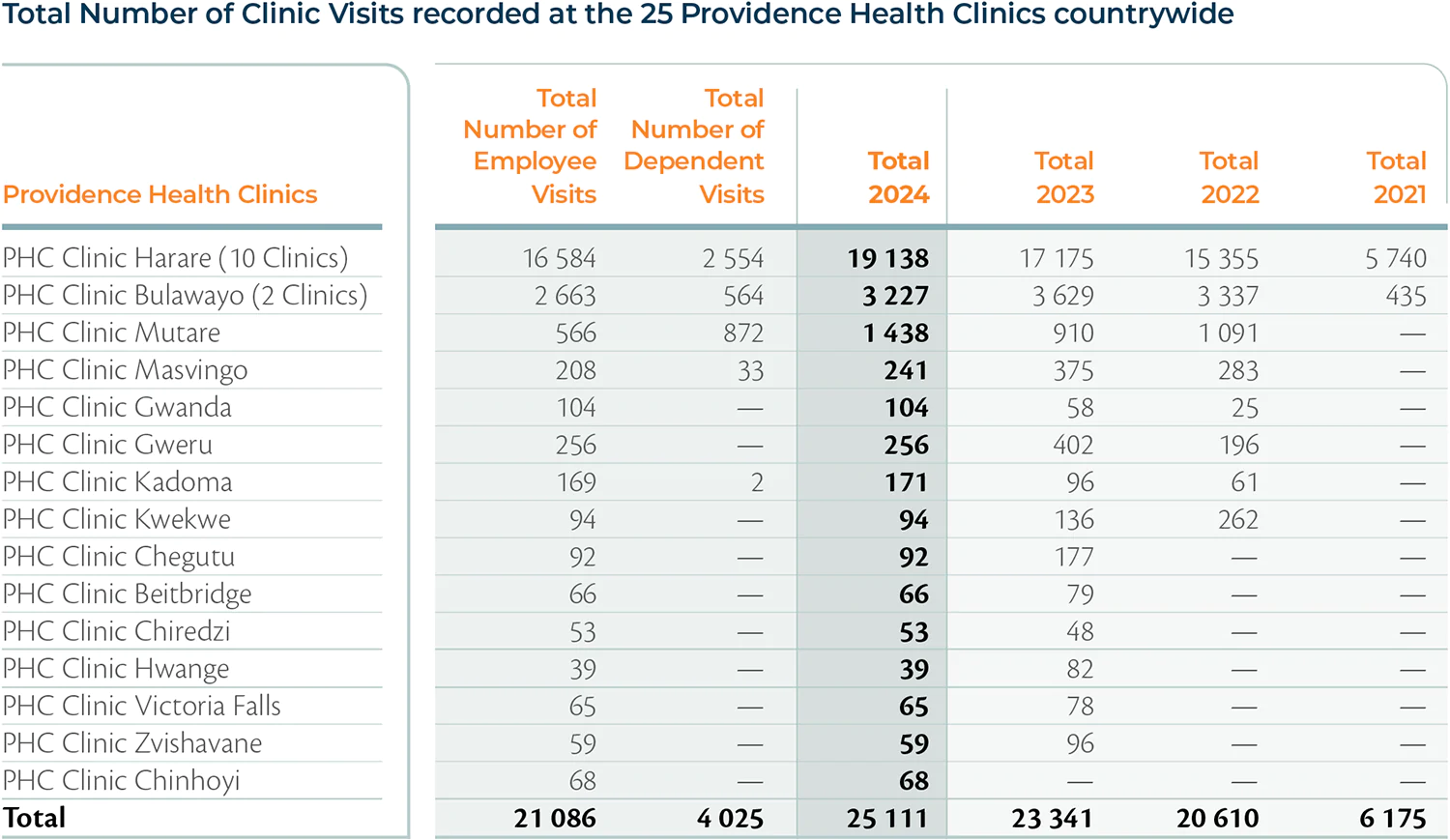
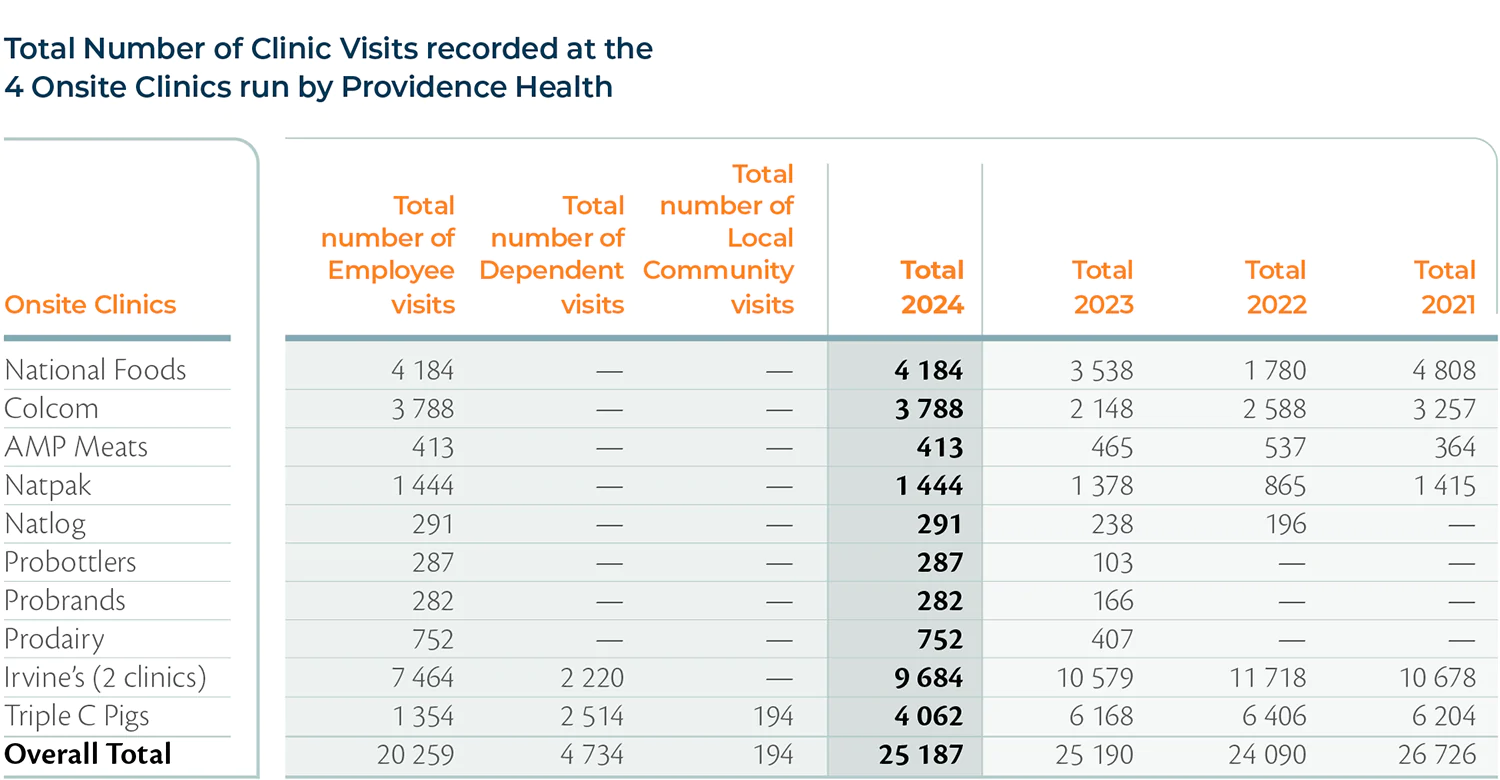
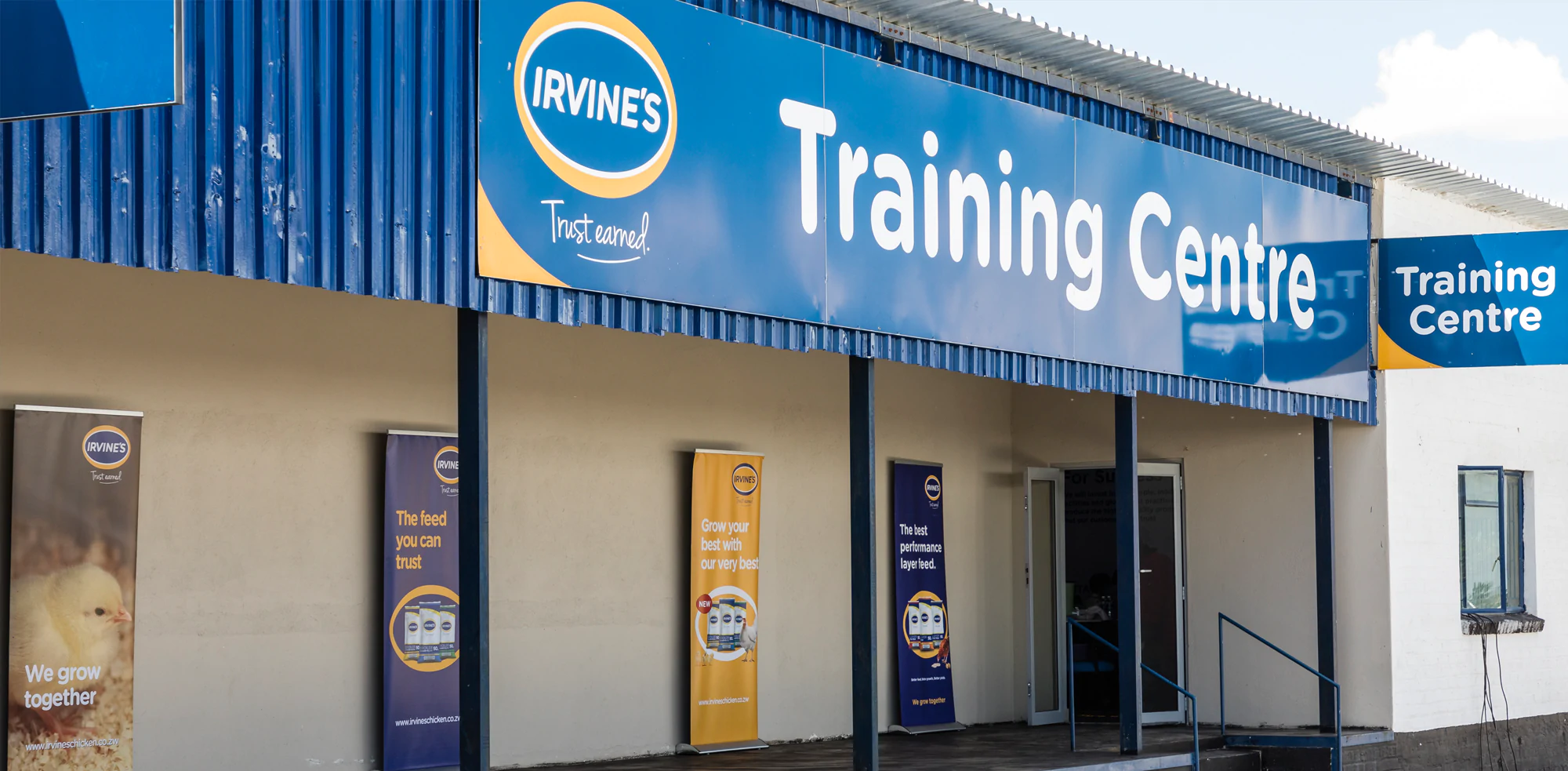
Human Development Training in the Workplace
Empowerment through learning is part of the Group’s philosophy of empowering employees by providing opportunities to attend relevant training courses and programmes to advance their knowledge and skills.
Management Approach
The Group’s Human Resources Department is responsible for all Group training and education. We are committed to honouring personal and company-based skills development plans. We believe this prepares our employees for internal promotion, succession planning and skills retention programmes. The Group continuously monitors potential skills gaps among employees and ensures appropriate training is conducted. Training and Development benefits our business value chain by ensuring our operations maintain the highest standard and skills. Our life learning and development opportunities are available through internal and external training activities in an equitable manner.
On the job training was conducted on the following subjects:
- Environmental, Social & Governance (ESG) – Sustainability Reporting (ICAZ/BACT)
- Management systems e.g. ZWS ISO 9001: 2015 Quality Management System (QMS)
- Lead Audit
- Supply chain management
- Food Safety Management Systems, e.g. FSSC 22000 (Food Safety Management)
- Hazard Analysis and Critical Control Point (HACCP) in Food Safety Awareness
- Safety, Health, Environment and Quality (SHEQ)
- Southern African Grain Milling Academy (SAGMA) Milling Course
- Association of Chartered Certified Accountants (ACCA)
- Tax
- Data analysis and management software
- Workplace performance
- Communication
- Customer care
- Project management
- Business appreciation
- Sales management
- Financial management
- Risk management
- Regulatory compliance, e.g. NSSA occupational safety requirements and labour law
- Facility maintenance
- Boiler operations
Firefighting and prevention
Animal health
Professional Development
National Foods and since 2022, Innscor Head Office, have been accredited as training centres for the Chartered Accountants Training Outside Public Practice (TOPP), certified by the Institute of Chartered Accountants of Zimbabwe (ICAZ). TOPP is the financial management training route that offers prospective Chartered Accountants (CAs) an alternative to the conventional TIPP (Training Inside Public Practice) to qualifying as CAs.

From Left to Right: Emmannuel Butawu, Tinayi Chihava, Modester Petro, Samantha Mukanyima & Tanaka Maganga (TOPP Trainee Accountants at Head Office)
In F2024, Memory Mungoriwo successfully completed the Certificate in the Theory of Accounting (CTA), the foundational qualification for the Chartered Accountancy profession. Her dedication and success reflect Profeeds’ commitment to nurturing professional growth and development. By prioritising continuous training and promoting equal opportunities, the company aims to build a skilled, motivated, and inclusive workforce that strengthens its reputation and ensures compliance with industry standards.

Memory Mungoriwo
In F2024, a total of 52 students across the Group attended this training at IAL Head Office. The highest proportion of students were 14 from Profeeds with five from Prodairy, IAL Head Office and PHI each. Meanwhile the TOPP centre at National Foods had 18 students in F2024 – nine men and nine women, bringing the grand total for the Group to 70.
The Group’s pass rate towards the examinations written under these programmes are as follows:

